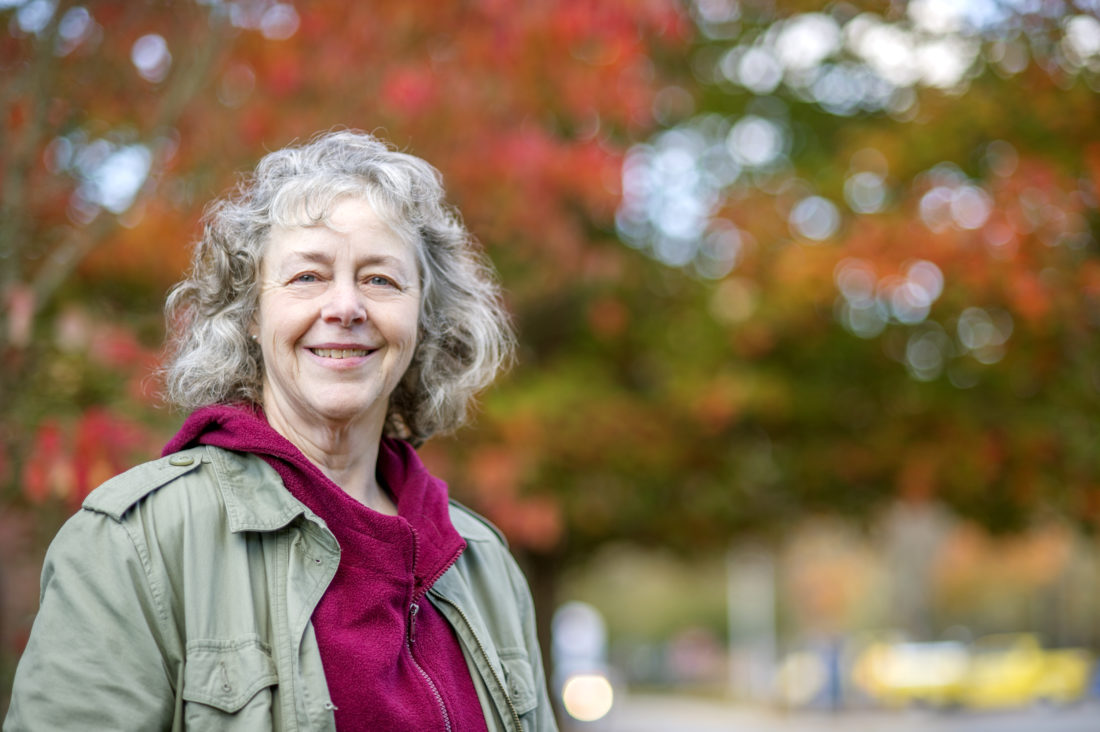Council to discuss temporary hotel ban
The city’s Planning and Economic Development Committee voted on Aug. 29 to put the question of imposing a temporary moratorium on new hotel construction to the full Council at an upcoming meeting. First proposed by Council member Julie Mayfield, a moratorium could give the city time to develop new policies for considering hotel proposals, as well as ways to reduce the negative impacts of hotels on the community.
City Attorney Brad Branham told committee members that the city must consider the issue at two Council meetings prior to imposing a moratorium, one of which must include a public hearing on the proposal. Should Council move forward with the ordinance, Branham recommended that the hotel ban last no longer than a year, adding that extensions will not be available without extenuating circumstances and that city officials must use the time to develop new policies. They must also present a schedule to the public for their deliberations during the moratorium. Hotels that have already been approved by Council will not be affected by the ban, regardless of whether construction has started.
Planning & Urban Design Director Todd Okolichany said that more than 1,300 hotel rooms have opened in Asheville since 2015, and an additional 1,400 rooms have already approved by Council. The proposed ban comes in response to community concerns surrounding infrastructure, displacement of local residents and a lack of consistency by which hotels proposals have been approved.
On the back burner
Members of City Council deferred a vote on an amendment that would have simplified the city’s definition of homestay kitchens. The officials asked for revisions of the proposed definition, which would have allowed refrigerators and kitchen sinks while still prohibiting stoves in homestays out of concern that the change could increase the number of accessory dwelling units being converted to short-term homestay rentals, thereby reducing Asheville’s supply of housing for long-term residents.
Supporters of the amendment, including Homestay Network organizer Jackson Tierney, said the change would make it easier for homestay operators to comply with city rules and provide greater flexibility in the use of their property.
Daffron to appear on ethics in journalism panel Sept. 10
Mountain Xpress Managing Editor Virgina Daffron will join NPR’s Public Editor Elizabeth Jensen, NPR’s Senior Editor for Standards and Practices Mark Memmott and BPR’s News Director Matt Bush in “Building Trust in an Age of Mistrust,” a panel discussion presented by National Public Radio and Blue Ridge Public Radio that will examine the role of ethical journalism and the importance of building public trust in the media.
The panel will also include other local media professionals, including Asheville Citizen Times Opinion Editor Casey Blake and Smoky Mountain News Publisher/Editor Scott McLeod.
The event will be held Tuesday, Sept. 10, at 7 p.m. at the Wortham Center for the Performing Arts. Tickets are $20 and may be purchased by visiting avl.mx/6h8.
Here’s looking at Haywood Street
Asheville City Council approved a nearly $300,000 contract with landscape architecture firm Nelson Byrd Woltz to develop up to three design alternatives for city-owned properties at Haywood Street and Page Avenue. Members of the Haywood Street Advisory Committee will work with the design team throughout the process. The city also plans to hold public meetings this fall regarding the progress of the design proposals. More information at avl.mx/6h5.
The Haywood Streetscape project is a city initiative to improve Haywood Street and portions of College, Walnut and Flint streets; Page Avenue; and possibly Rankin Avenue. The improvements, which the city estimates will begin in January and take up to a year, will include sidewalk rehabilitation, street resurfacing, stormwater improvements, sanitary sewer improvements and new street amenities.
On Thursday, Sept. 5, Asheville officials will hold a public meeting to discuss the project timeline, share draft plans and answer questions. The meeting will take place at 9 a.m in the Banquet Hall of the U.S. Cellular Center at 87 Haywood St. More information at avl.mx/6h4.
Council seeks solutions on affordable housing
Council will hold a work session on Friday, Sept. 6, to discuss the city’s role in affordable housing. The session will include staff presentations and roundtable talks. While the event is open to the public, public comment will not be allowed unless Council specifically asks questions of individuals in the room. The session will take place 8:45 a.m.-1 p.m. in the U.S. Cellular Center Banquet Hall, 87 Haywood St. The city will also be livestreaming the event at avl.mx/6h6.




I know Asheville leaders rely on their subjects to have short memories, but I recall that the City spent like $200,000 on engineers and a design to redo Haywood Street a few years ago. They then spent a further $1.5 million on actual construction. This was about 10-14 years ago (I’m not sure as I was just an underling at a downtown business then). They even held public design input meetings at Haywood Street businesses. I also recall from those meetings that the project was funded (or partially funded) by federal transportation money. This leaves me with two questions:
If they spent nearly two million dollars on Haywood Street in the last decade or so; why do they need to do it again?
If they used federal transportation money; can they just decide to undo it a few years later, in essence throwing the federal money away?
It’s no wonder the City can’t get roads paved. They throw away millions of dollars redoing projects over and over: Haywood Street twice in a decade, Charlotte Street was rebuilt/repaved twice, with a third idiotic change now proposed, and Hilliard Avenue was just recently repaved and altered for its third major overhaul in the last decade or so. Those eight projects on only three streets likely represents $4-5 million, which is enough money, by my simpleton math, to pave entire neighborhoods. The City doesn’t really pay $400 for a hammer, they just waste your money in more discreet ways that you don’t really notice.